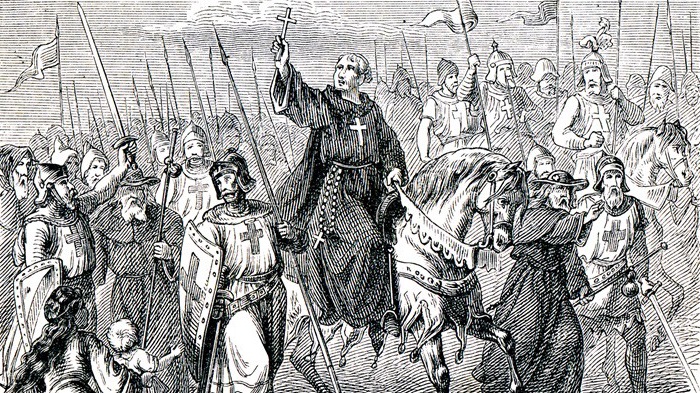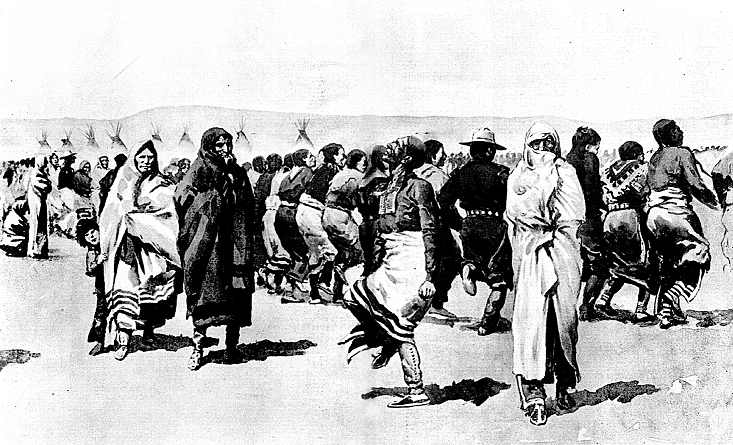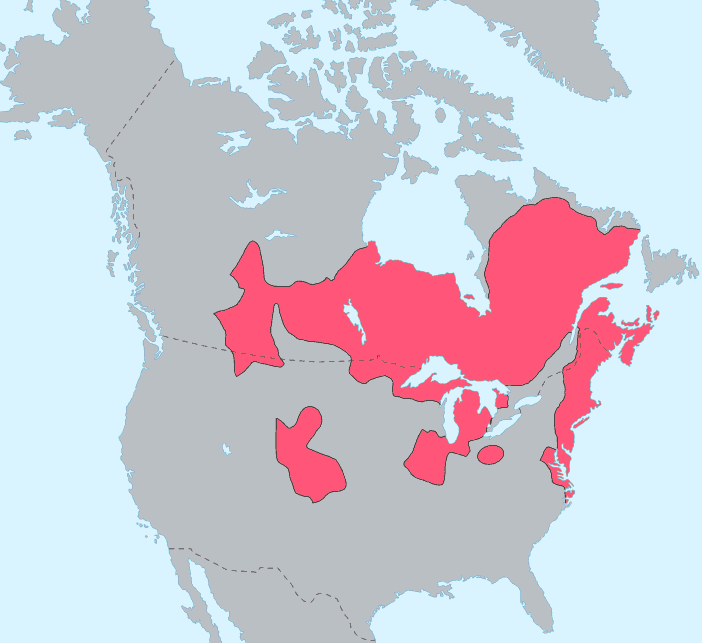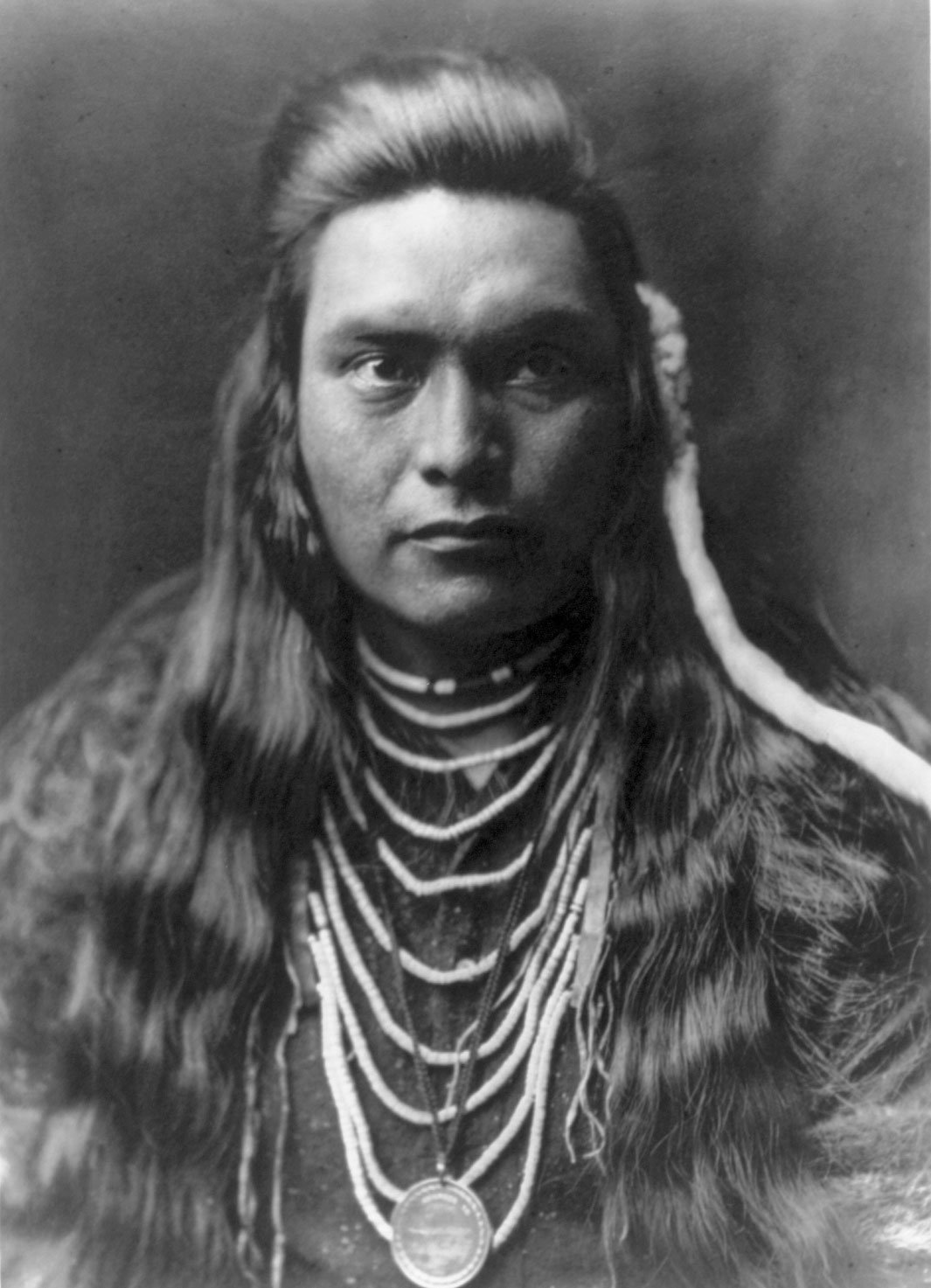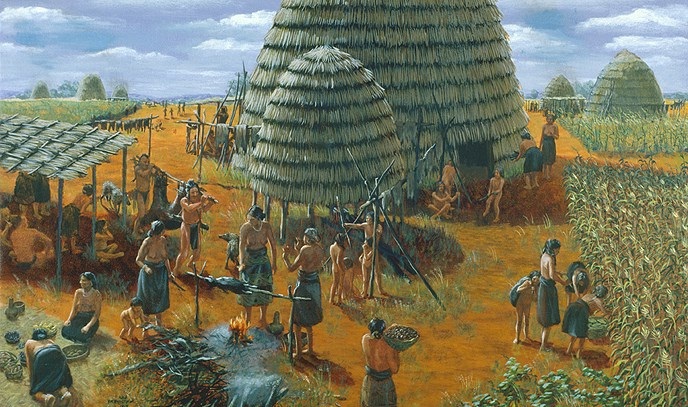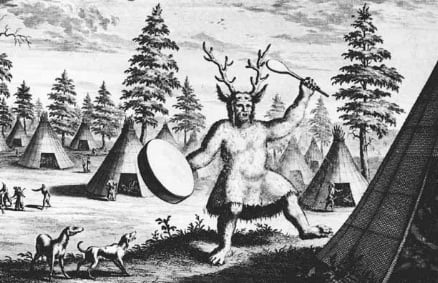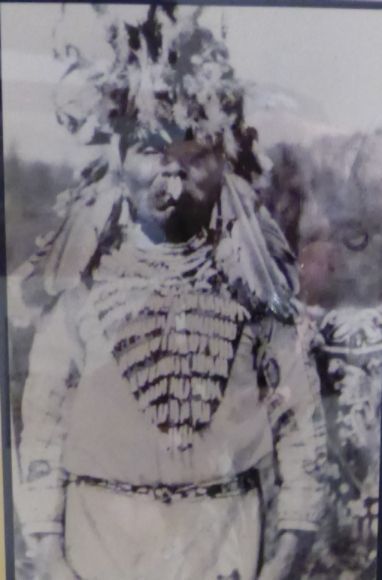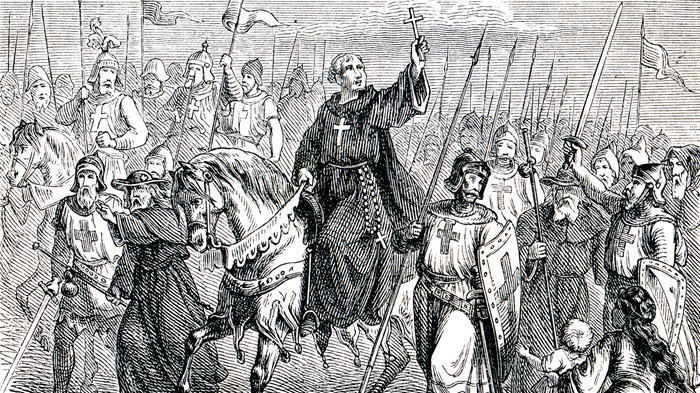Christians and Indians in 1818
During the nineteenth century, the policy of the United States government was to encourage, and sometimes require, the conversion of American Indians to Christianity. Christianity was seen as a key element in “civilizing” American Indians and thus, the American government not only encouraged Christian missionaries, Indian agents actively discouraged the practice of traditional Indian ceremonies. … Continued
